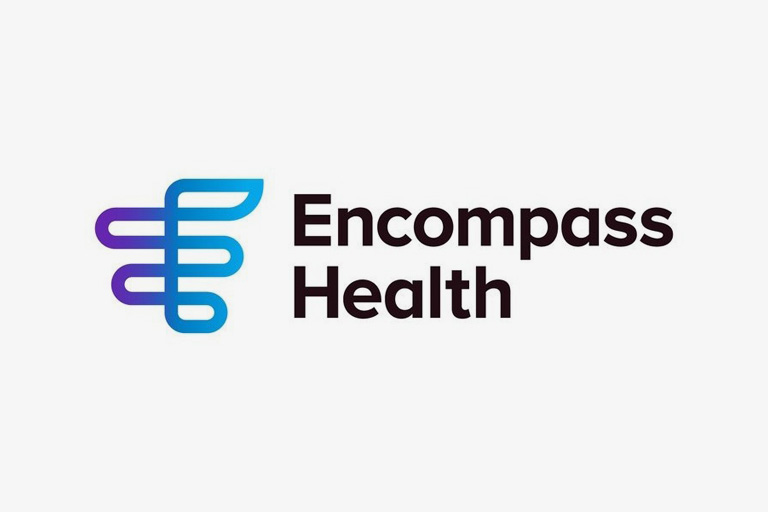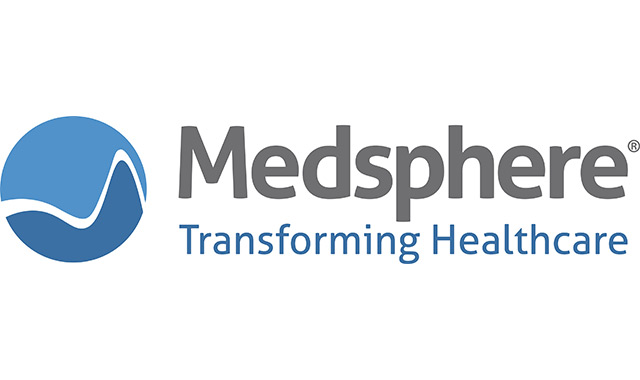
Think about the last time you visited the emergency room. Perhaps you’d cut yourself badly and were holding a towel around your hand awaiting stitches. Do you recall why other people seemed to be there? You probably do. Some had an injury requiring immediate attention, like you, and others seemed fine. Maybe they had a fever. Maybe they didn’t know what else to do.
That’s the challenge of emergency care in America—the most expensive care money can buy—and it’s a primary reason for Patient Centered Medical Homes (PCMH).
The PCMH concept was established as a care delivery model in which the primary care doctor acts as the central coordinator for all aspects of a patient’s care. With the help of a PCMH, patients learn to contact the doctor first for care unless there is an obvious emergency like a deep wound. After initial contact, the doctor evaluates and recommends the optimal approach with an eye toward both efficacy and resource use.
From the primary care doctor, patients branch out to see specialists and mental health professionals, go to the hospital for more involved health requirements, visit satellite clinics for lab tests and other procedures. All this potential movement and coordination is made possible by very modern tools like health registries, health information exchanges and electronic health records (EHRs).
While the hospital is not central to the idea of a PCMH, it plays an obviously crucial role in overall patient health. So how can the hospital contribute to a well-organized PCMH in a manner that aids the primary care doctor and facilitates better patient care?
- Proactively manage patient data. According to Scott Vold, CEO of Fibroblast, a company that creates tools to effectively manage referral networks, 40 percent of patients that respond to a referral don’t check back with their primary care doc after the scheduled exam or procedure is complete.Through a partnership with a PCMH, hospitals can ensure that information about the patient gets back to the primary care provider by sharing and updating patient data across interoperable EHRs.
“This closed loop is particularly important when a patient sees a provider outside of a clinically integrated network,” Vold says, “because the referring provider can be left without critical information and patients are left with an incomplete medical record.”
Hospitals can also use the High Value Care Coordination (HVCC) tool kit created by the American College of Physicians. The HVCC—a resource library that includes data sets, checklists, discussion recommendations and care coordination agreements—is oriented around making care coordination better and improving on the fact that referring physicians and specialists only directly communicate with each other about half the time.
- Provide capital and IT support. A hospital participating in a PCMH may find that primary care providers simply don’t have the resources necessary to meet the information technology requirements of the relationship. This is an opportunity for your hospital to step in and provide support that will benefit your patients.According to the Journal of General Internal Medicine, creating a PCMH costs about $9,800 per clinician initially and then as much as $65,000 per clinician each year. It may be difficult for most practices to shoulder these kinds of costs themselves. Consider looking for ways to extend the benefits you enjoy to local and affiliated practices. That might include expanding the use of your EHR or it might be direct financial support.
- Coordinate staff and specialists. Many of the definitions of health teams described in reform literature include nurses, pharmacists, dieticians, social workers, psychiatrists and case managers, to be less than exhaustive. These are not resources that the typical physician practice employs or has access to without increasing costs. Your hospital, however, probably retains most if not all of these skill sets. Coordination with practices in the PCMH model creates relationships between physician practices and members of your staff, which broadens the skill set of the practice and closes the distance between different providers engaged in treating the patient.
- Administer value-based payments. Hospitals simply have more experience than practices with administering the new payment models that are replacing fee-for-service. You can share this expertise with a PCMH. While there is certainly overlap between ACOs, quality incentive programs, bundled payments and the like, there are also differences that hospitals most likely understand more comprehensively than practices.
- Start your own. Of course, one way to try and control costs and improve patient care would be to just create a PCMH affiliated with your hospital. Doctor’s at UCLA’s Mattel Children’s Hospital created a pediatric medical home and reduced emergency room visits by 50 percent. The pediatric home focuses closely on the child and the family and creates a care plan the meets the needs of both. Like Mattel, the size and influence of most hospitals offer the opportunity to pull patients, doctors and the community together as an increasingly integrated healthcare network.
Like all healthcare reform, the advent of PCMHs is not a formula for dramatically and immediately improving care and lowering costs. It takes time and requires patience, but in addition to providing more integrated care, it also offers hospitals measurable benefits:
- Reduced unnecessary ER utilization: This is particularly true for hospitals that provide a lot of uncompensated care. The goal is obviously to keep people out of the emergency room when they don’t absolutely have to be there. If your hospital is not already involved in a PCMH, negotiations with insurance companies may be a way to get there. Children’s National Medical Center in Washington, D.C., struck a deal with Medicaid managed care plans to send low-acuity patients to area PCMHs. In Maryland, CareFirst Blue Cross Blue Shield created a medical home program and created a partnership with a company called Healthways that provides nurses to do initial triage and diagnosis before making a care recommendation.
- Competitive advantage: Participation in a PCMH demonstrates a commitment to community and population health. When that commitment is evident, it attracts healthcare professionals with similar values. It becomes a way to distinguish yourself from competitors. The partnerships a PCMH creates can also expand resources, boost payment rates, provide a stronger argument for grant funding and perhaps garner preferred network recognition. PCMH engagement can also improve quality metrics.
It’s not hard to get lost in the forest of terms—ACO, HIE, HIT, BLT, WTF—that crop up everywhere as healthcare remakes itself. While all are ostensibly directed at making healthcare more patient-centric, the danger is that we get so lost in the lingo trees that the patient is once again out of sight. What makes the PCMH concept different and encouraging is the centrality of a coordinated program with a single goal: Make the patient better. That coordination, however, can’t achieve its goal without the support an integrated acute care facility provides.
Irv Lichtenwald is president and CEO of Medsphere Systems Corporation, the solution provider for the OpenVista electronic health record.














































